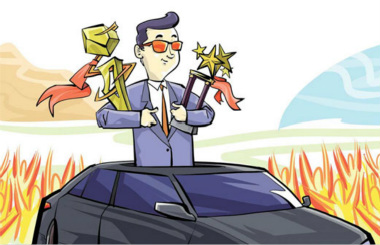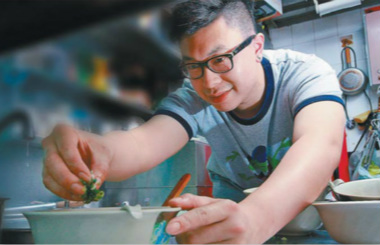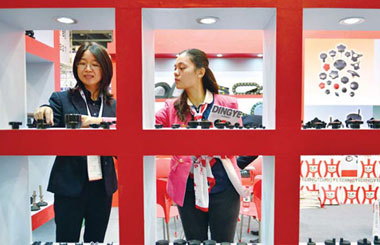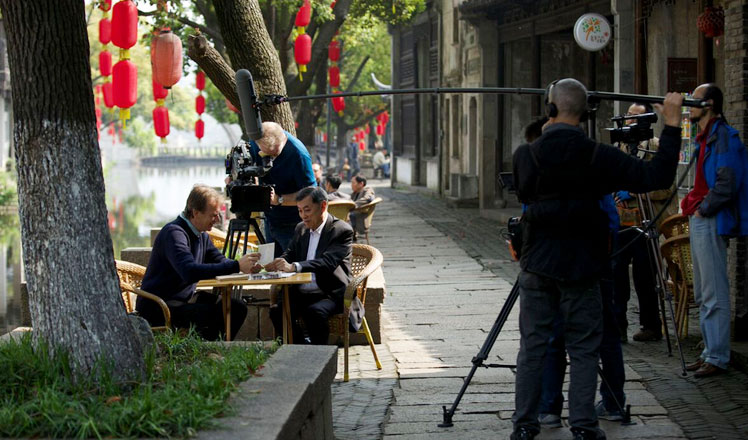Battery disposal quandary inspires charged debate
Updated: 2016-01-26 08:08
By Zheng Jinran(China Daily)
|
|||||||||||
|
Children pour used batteries into a recycling bin at Yiling District Experimental Primary School in Yichang, Hubei province, on June 5, 2015, the World Environment Day. Yi Xuan / for China Daily |
Alkaline-based batteries are posing a problem in China because the nation has yet to formulate wide-ranging, environmentally safe methods of disposal. Zheng Jinran reports.
As an environmentally aware student, Zhang Tianyi used to place his spent batteries in collection boxes scattered across the main classrooms and dormitories of the Beijing Language and Culture University.
"Although it seems like AA or AAA alkaline batteries are fading out of our lives as they are replaced by other types, we still use them every day, in things such as remote controls for air conditioning units," the 23-year-old senior said.
However, Zhang stopped throwing his used batteries into the boxes, not because he rejected what he had learned about dealing with "toxic" batteries, but because the boxes have been full for many months.
Like Zhang, many people store waste batteries without knowing how to dispose of them.
On Oct 25, Wang Zixin, one of the organizers of a half-day "refuse classification" promotion, collected more than 100 spent batteries - weighing about 2 kilograms in total - from a community in the Fengtai district of Beijing.
"I often receive parcels containing waste batteries from other cities," said the 46-year-old owner of an alkaline battery storage facility. His plant, which he believes to be the largest in the capital, has multiple sources, ranging from individuals, schools and companies to communities. It once held more than 1,400 metric tons of waste batteries.
Wang also took delivery of 1,200 tons from the municipal government, "which stopped collecting from residents in 2012". He intended to use the batteries as a base for an operation to recycle the metals in the discharged cells (each battery equals one cell).
However, the governments of Beijing and cities in surrounding Hebei province refused to grant permission for the project because of the potential to contaminate the environment, which left Wang with the headache of dealing with a "battery mountain" in his warehouse.
Eventually, he decided to keep 200 tons, more than 10 million cells, to use in further research, and the municipal government transported the rest to the northern port city of Tianjin. After being wrapped in plastic and treated with chemicals to reduce the potential environmental damage, the batteries were buried in landfill sites for dangerous chemicals.
Today's Top News
China's growth envy of developed world
Foreigners find hard to but China's rail tickets
Rags to riches saga underlines China's transformation
Leaders address Iran's thirst for growth
UK's interest in China boosted by BBC TV series
Global push
AIIB chief vows to run clean, lean, green institution
'More Europe' to deal with 'triple crisis'
Hot Topics
Lunar probe , China growth forecasts, Emission rules get tougher, China seen through 'colored lens', International board,
Editor's Picks

|

|

|

|

|

|







